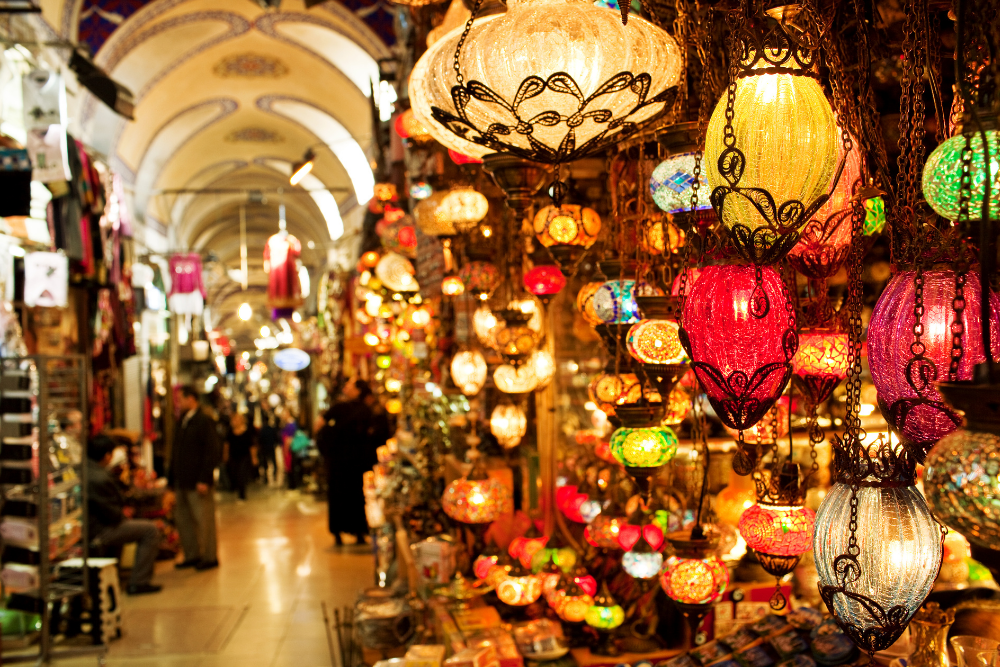Azerbaijan, a country straddling Eastern Europe and Western Asia, boasts a vibrant literary heritage deeply rooted in poetry. From medieval Persian-influenced classical poets to modern-day Azerbaijani wordsmiths, poetry has played an integral role in shaping the country’s cultural and intellectual landscape. This blog delves into Azerbaijan’s rich poetry scene, exploring its literary landmarks and the legacy of its most celebrated poets.
The Historical Roots of Azerbaijani Poetry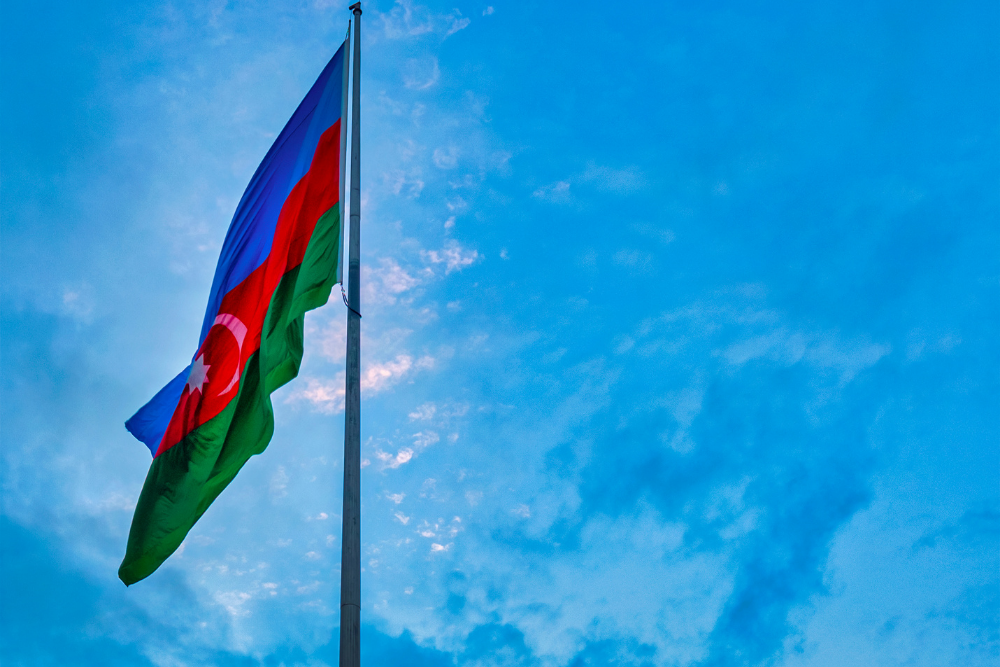
Azerbaijani poetry dates back centuries, drawing influences from Persian, Arabic, and Turkic literary traditions. Poetry flourished during the medieval era, with poets often writing in Persian and later developing Azerbaijani as a literary language.
Classical Poets and Their Legacy
One of the most renowned Azerbaijani poets is Nizami Ganjavi (1141-1209). Born in Ganja, he is best known for his monumental work “Khamsa” (The Quintet), a collection of five epic poems that blend romance, ethics, and mysticism. Nizami’s “Layla and Majnun” is one of the most famous tragic love stories in world literature.
Another significant figure is Mahsati Ganjavi (12th century), one of the earliest female poets of the region. Her rubaiyat (quatrains) focus on themes of love, freedom, and the intellectual pursuits of women. Her works remain an inspiration for modern Azerbaijani feminist discourse.
The Golden Age of Azerbaijani Poetry
The 14th and 15th centuries marked a golden age for Azerbaijani poetry. Imadaddin Nasimi (1369-1417) is one of the most celebrated poets from this period. A Sufi mystic and philosopher, Nasimi wrote in Persian, Arabic, and Azerbaijani, promoting themes of divine love, human dignity, and self-sacrifice. His work laid the foundation for later Azerbaijani poetry.
During the 16th and 17th centuries, Shah Ismail Khatai, the founder of the Safavid dynasty, contributed significantly to Azerbaijani literature. His poetry, written under the pen name Khatai, reflects Sufi and Shiite influences, portraying love and devotion to the divine.
The 19th and 20th Century Literary Renaissance
In the 19th century, Azerbaijani poetry underwent a transformation with the influence of European literary movements. Mirza Fatali Akhundov introduced satire and realism, using poetry as a tool for social criticism. Jalil Mammadguluzadeh and Sabir (Mirza Alakbar Sabir) continued this trend, incorporating humor and political critique into their works.
The 20th century saw the rise of Samad Vurgun, who modernized Azerbaijani poetry while maintaining its classical essence. His nationalist and patriotic themes resonated deeply during the Soviet era. Mikayil Mushfig, another prominent poet, became a symbol of resistance against Stalinist repression, celebrating freedom and nature in his poetry.
Modern Azerbaijani Poetry Scene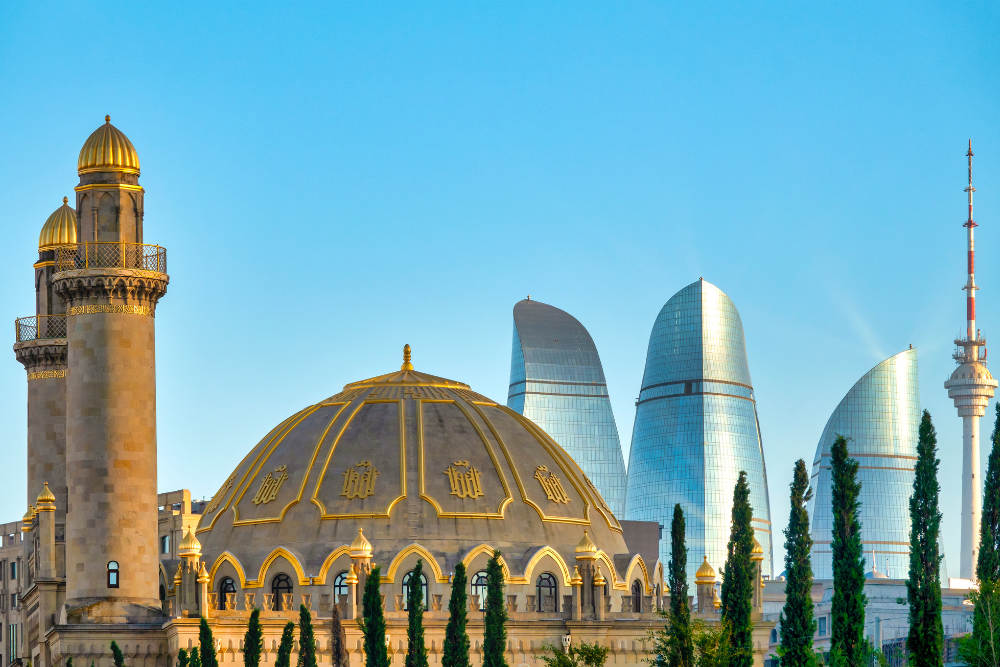
Today, Azerbaijani poetry continues to thrive, blending classical influences with contemporary themes. Poets like Ramiz Rovshan, Nariman Hasanzade, and Leyla Aliyeva explore themes of identity, love, and the socio-political changes in the country. Poetry remains a significant part of Azerbaijani cultural expression, with numerous poetry festivals and literary events held annually.
Literary Landmarks in Azerbaijan
For literature enthusiasts, Azerbaijan offers a wealth of literary landmarks that celebrate its rich poetic heritage.
Nizami Ganjavi Mausoleum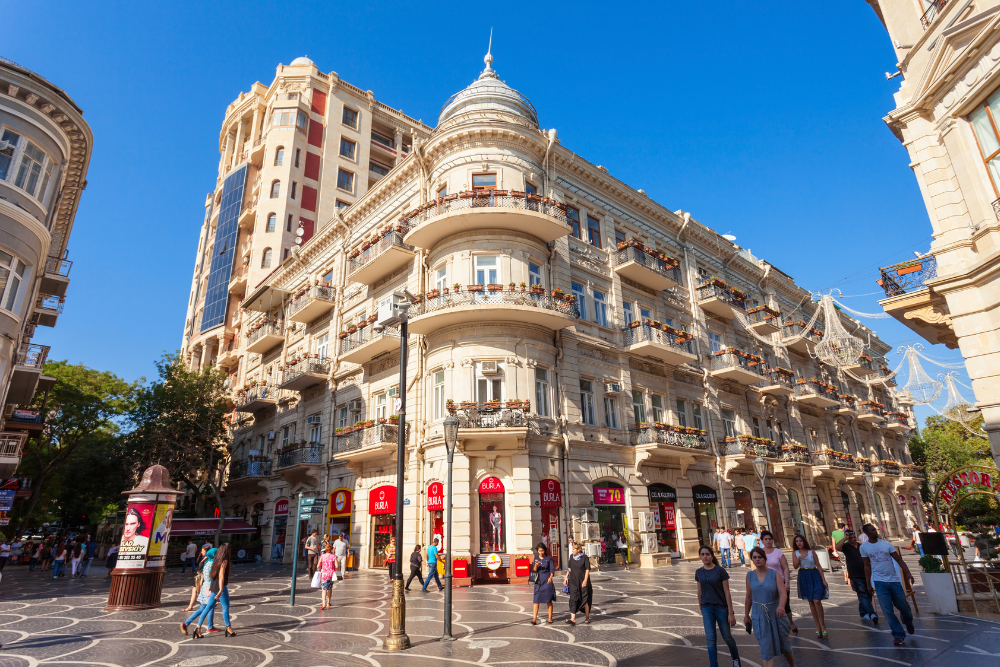
Located in Ganja, this grand mausoleum honors Azerbaijan’s greatest poet, Nizami Ganjavi. The site attracts visitors from all over the world, serving as a tribute to his immense contribution to Persian and Azerbaijani literature.
The House Museum of Mirza Fatali Akhundov
Situated in Sheki, this museum is dedicated to the playwright and poet Mirza Fatali Akhundov. The museum showcases his manuscripts, personal belongings, and historical documents, providing insight into his revolutionary literary contributions.
Sabir Park in Baku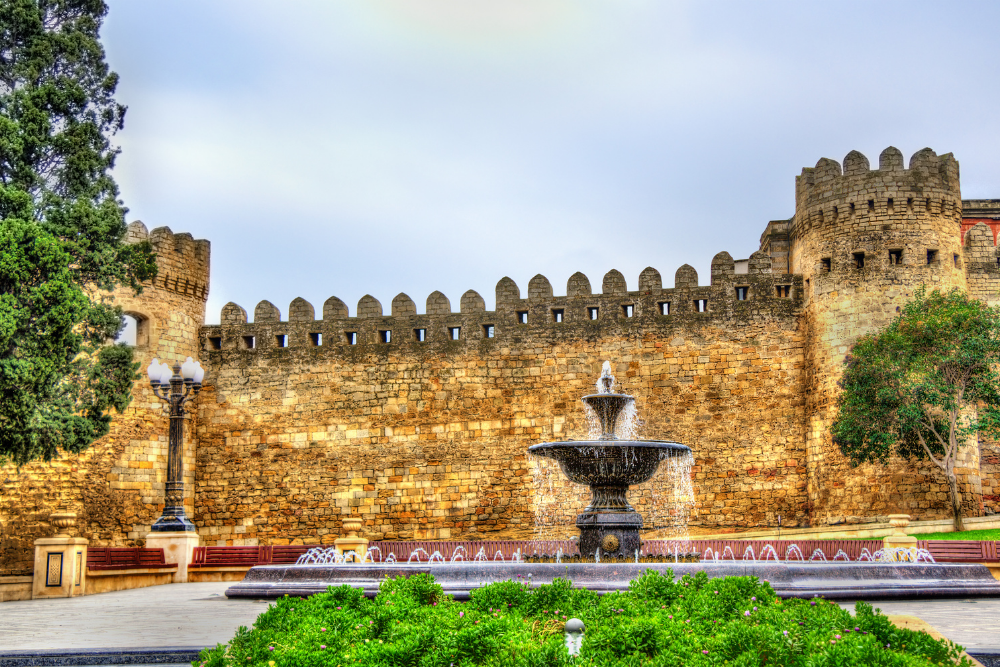
Named after Mirza Alakbar Sabir, this park in Baku features a statue of the satirical poet, recognizing his role in shaping Azerbaijani modern literature.
Nasimi Festival of Poetry, Arts, and Spirituality
Held in honor of Imadaddin Nasimi, this festival celebrates Azerbaijani poetry, music, and philosophy. It attracts poets, scholars, and artists from around the world, fostering cross-cultural dialogue and appreciation of Azerbaijan’s literary heritage.
Literature Museum of Azerbaijan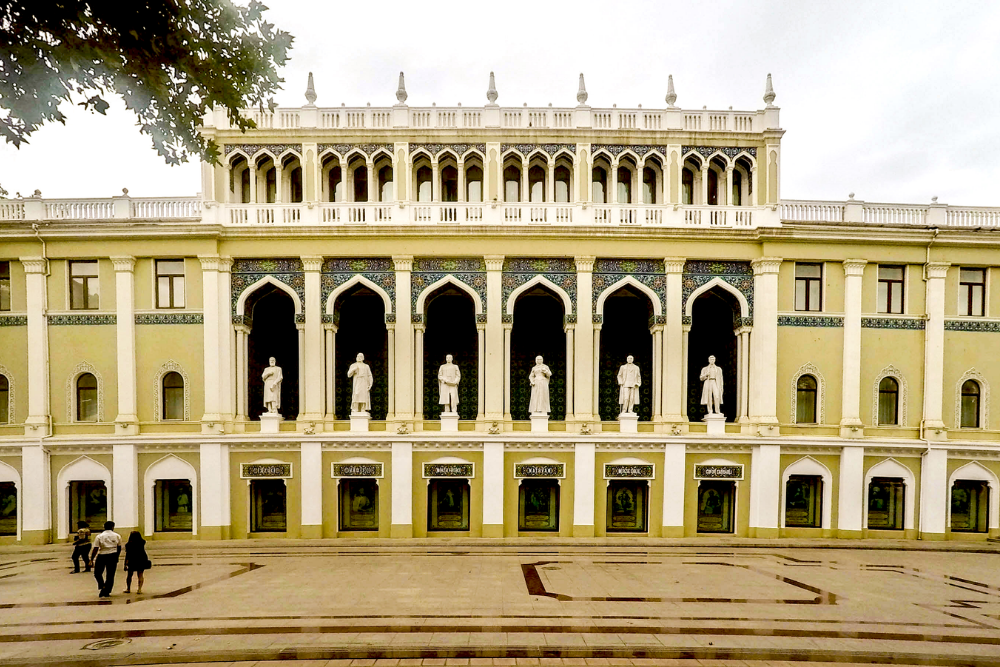
Located in Baku, this museum highlights Azerbaijan’s literary evolution from medieval times to the present. Visitors can explore rare manuscripts, portraits of famous poets, and historical exhibits showcasing the country’s poetic legacy.
Conclusion
Azerbaijan’s poetry scene is a dynamic blend of tradition and modernity, deeply embedded in the country’s cultural fabric. From the classical verses of Nizami and Nasimi to contemporary poetic voices, Azerbaijan continues to celebrate its literary heritage through festivals, museums, and historical landmarks. For poetry lovers, a journey through Azerbaijan offers an enriching experience that bridges the past and the present, revealing the soul of a nation through its verses.



